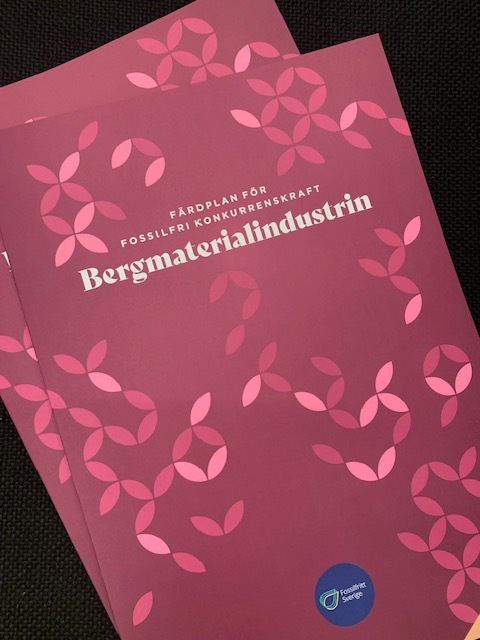Join us at AGG1, St Louis, MO - America's Center Convention Complex: 25-27 March
On September 11th, 2024, The Swedish Industry Association for the Aggregate sector, SBMI (Sveriges Bergmaterialindustri) launched its updated Climate Roadmap. The first roadmap was launched in 2019, before the European Green deal, the cement crisis and the pandemic. The roadmap is updated to take account of the shift in our industry in the past five years and is now a comprehensive plan designed to guide the aggregate industry toward achieving fossil-free operations by 2045. The event brought together key industry players, sustainability experts, and government representatives, underscoring Sweden’s leadership in the global transition to greener, more sustainable business practices. CheckProof has contributed to this roadmap and our COO, Linn Karlsson was present as part of a panel discussion to define what we can do here and now, to make 2045 happen.
Opening Remarks: The updated Roadmap

Mårten Sohlman, Managing Director of SBMI, kicked off the day by putting things in perspective. Sweden produces approximately 100 million tonnes of aggregate material annually, making it the second most consumed resource after water. Or put differently: This amounts to 1kg of material consumed per person, every hour of the day in Sweden! This underscores the critical need for the aggregate industry to transition to fossil-free operations, especially as urban expansion and infrastructure projects accelerate.
The Road to Fossil-Free Operations
Lisa Sennström, SBMI’s Head of sustainability, provided an in-depth presentation of the updated Climate Roadmap. The updated vision calls for a 50% reduction in emissions by 2030 and complete fossil-free operations by 2045. These targets are grounded in each company’s ability to assess its operations and set individual sustainability goals.
The updated Climate Roadmap outlines a clear path for achieving the goal of a fossil-free aggregate industry by 2045. Central to this is:
- The electrification of machines and sites for the production of aggregate material.
- Where electrification isn’t viable, biofuels must step in to bridge the gap.
- Another key focus is reducing transport emissions as the heavy transport associated remains a significant contributor to emissions.
- Emissions can be tackled by localizing quarries to minimize the need for long-distance hauling.
- Regulations around classifications need to be eased. There is an inordinate amount of wasted aggregate material as much is classed as a waste product. This material should be put to better use and contribute to circular production.
Ida Karlsson, a PhD researcher at Chalmers, also shared insights from her research on how to implement climate-friendly practices across the construction materials industry. She highlighted the urgent need for the industry to link climate goals with business objectives and for more pilot projects to try out new practices.
Panel Discussions: Tackling Climate Challenges
The event hosted two highly engaging panel discussions addressing the most pressing topics in the journey toward a sustainable future.

In the first panel, CheckProof’s COO Linn Karlsson joined by fellow panelists from NCC, Skanska and ABT-bolagen to discuss the vital role of collaboration across the value chain in meeting climate goals. Linn emphasized that climate-friendly solutions need to be financially attractive to drive immediate and long-term change, adding that accessible data is crucial for setting and achieving emission reduction targets. The importance of tackling indirect emissions through optimized maintenance and digitalization was raised. Examples of this are targeting idle time through gamification and monitoring fuel-consumption through accurate data.

The panel discussions closed with a wrap-up by Sweden’s Housing and Infrastructure Minister, Andreas Carlson. It was widely agreed across the room that the government needed to champion the climate roadmap and address the cumbersome regulatory framework (such as waste classifications) that delays achieving a fossil-free aggregate industry.
Trends and Challenges Ahead
Key industry trends highlighted during the event included:
- The number of quarries has decreased but produces more output, creating logistical challenges.
- Growing demand for recycled materials: As sustainability regulations grow stricter, the use of circular ballast materials is gaining momentum.
- Regional supply plans: There is a growing call for regional material supply and mass management plans that align with national sustainability goals.
- These trends signal a changing landscape for the industry, but they also come with challenges. Notably, legislative and regulatory hurdles still hinder progress, particularly around waste classification and licensing processes.
- EU-level regulations are expected to sharpen, pushing the industry to innovate faster and implement climate-optimized technologies, such as climate-friendly explosives and electric crushing plants.
Prioritized Actions for Achieving Fossil-Free Goals
SBMI has identified several priority actions:
- Systematic Climate Work: Align industry practices with the roadmap’s goals.
- Substitute Fossil Fuels: Transition to biofuels and other alternatives where electrification isn’t possible.
- Electrify Production: Shift to electric processes wherever possible, reducing the reliance on fossil fuels.
- Boost Circular Materials: Promote the use of recycled aggregate materials to reduce the demand for virgin materials.
- Reduce Transport Emissions: Focus on optimizing transport logistics to minimize the carbon footprint.
- Provide Climate Data: Share data transparently across the supply chain to track progress and foster accountability.
A Collaborative Effort
SBMI’s Climate Roadmap is a bold vision of a fossil-free aggregate industry by 2045, but it cannot be achieved in isolation. The industry must collaborate with government agencies, municipalities, electricity suppliers, and transport sectors to ensure the roadmap’s success.
As we look toward the future, CheckProof will continue to innovate and provide the tools and support necessary to help companies in the aggregate industry meet their climate goals. The updated Climate Roadmap is an inspiring and ambitious guide, and we are proud to contribute to a fossil-free, sustainable industry by enabling digitalization, optimized maintenance, and collaborative efforts across the value chain.
Want to know what CheckProof can do for you?
CheckProof's easy-to-use app makes it easier to do the right thing at the right time. Discover how you can run world-class maintenance that is both cost-effective and sustainable.

Maximize Efficiency with an OEE Monitoring System
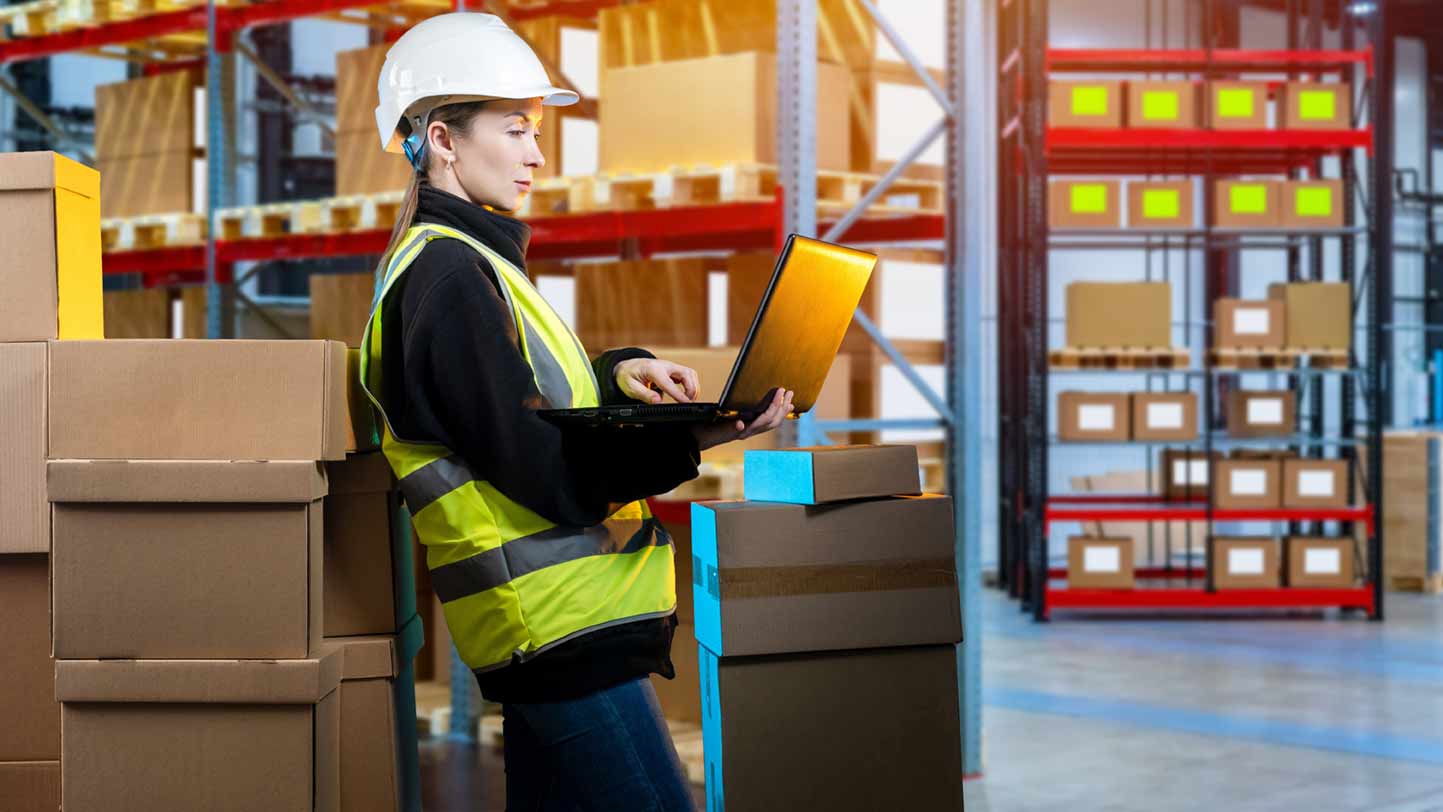
Plant Asset Management Software:Maximizing Equipment Uptime
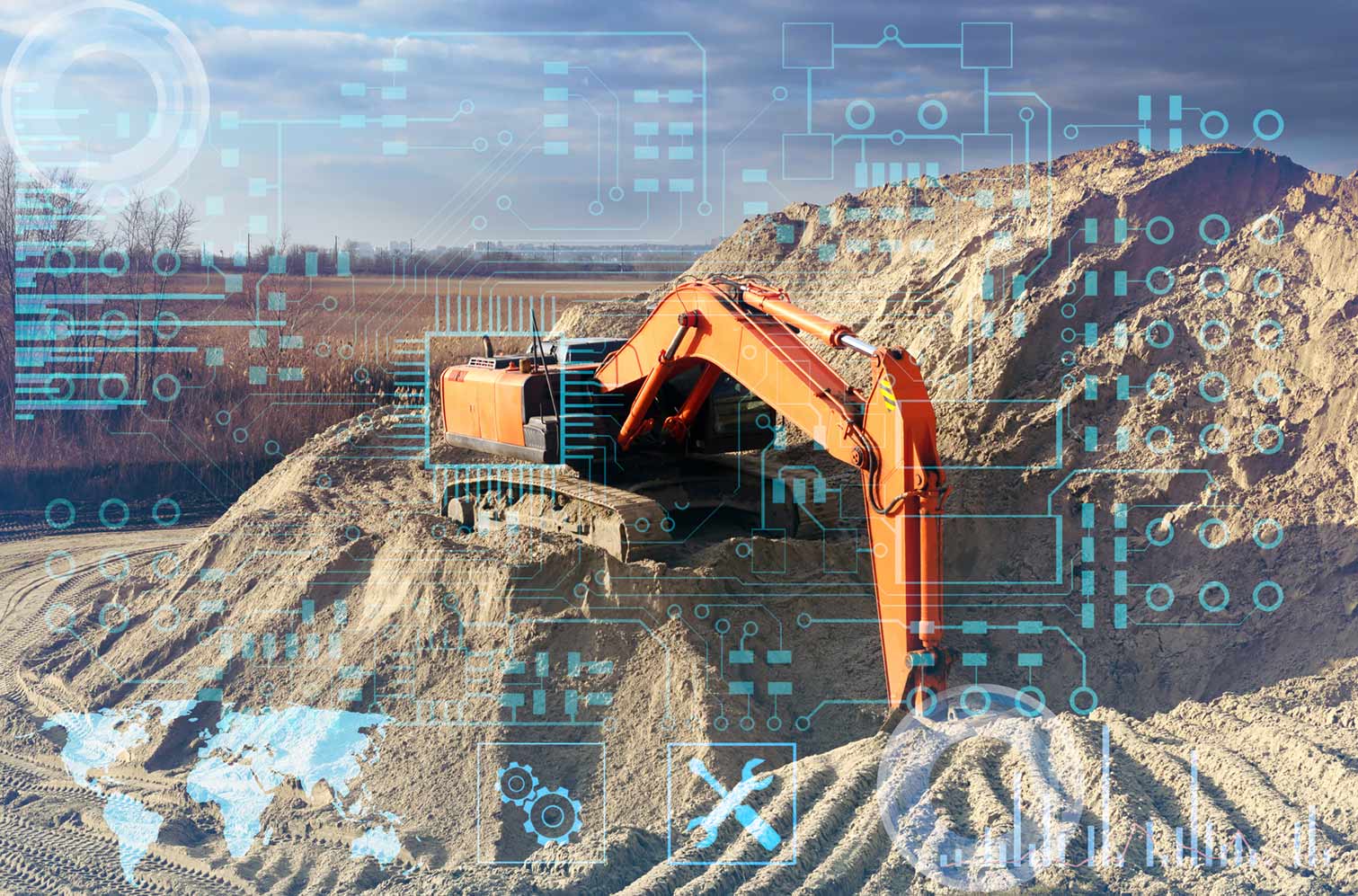
Machine Downtime Tracking: The key to smarter, more efficient operations

CMMS Software: What it is and why it’s key to First-Class Maintenance Operations
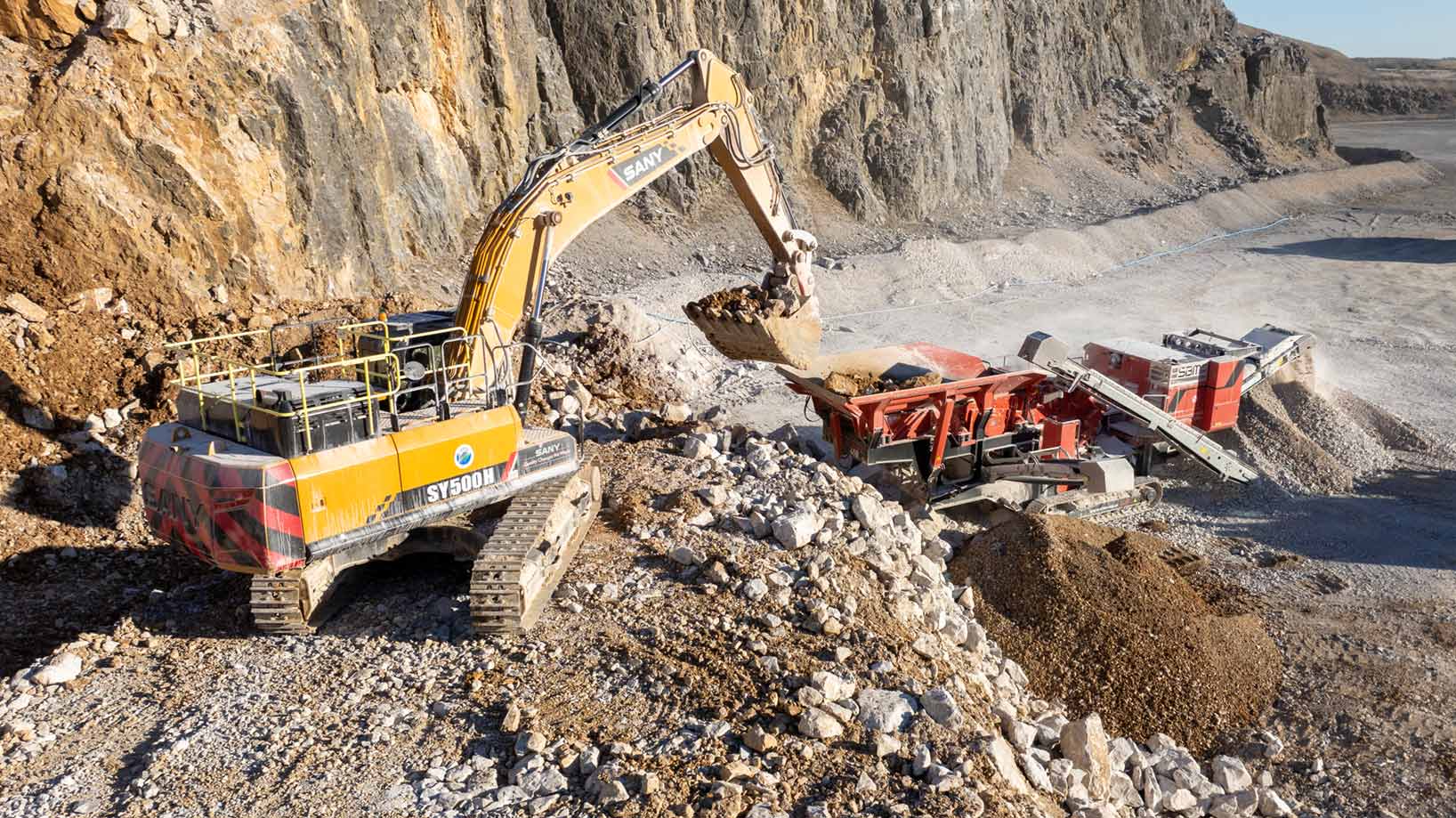
Revolutionizing Compliance: Banner Contracts on managing ISO audits with CheckProof
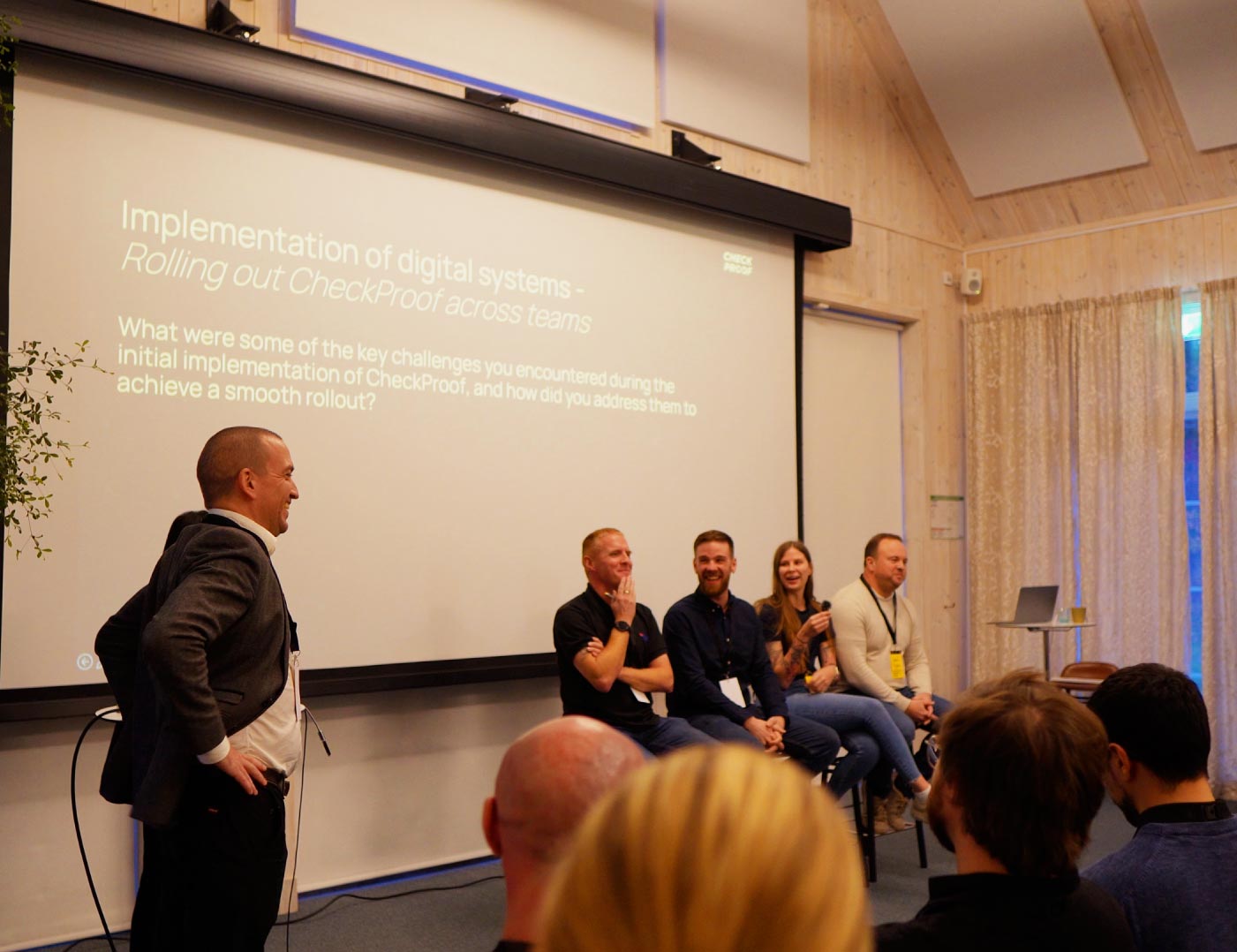
Implementation of Digital Systems: Rolling Out CheckProof Across Teams
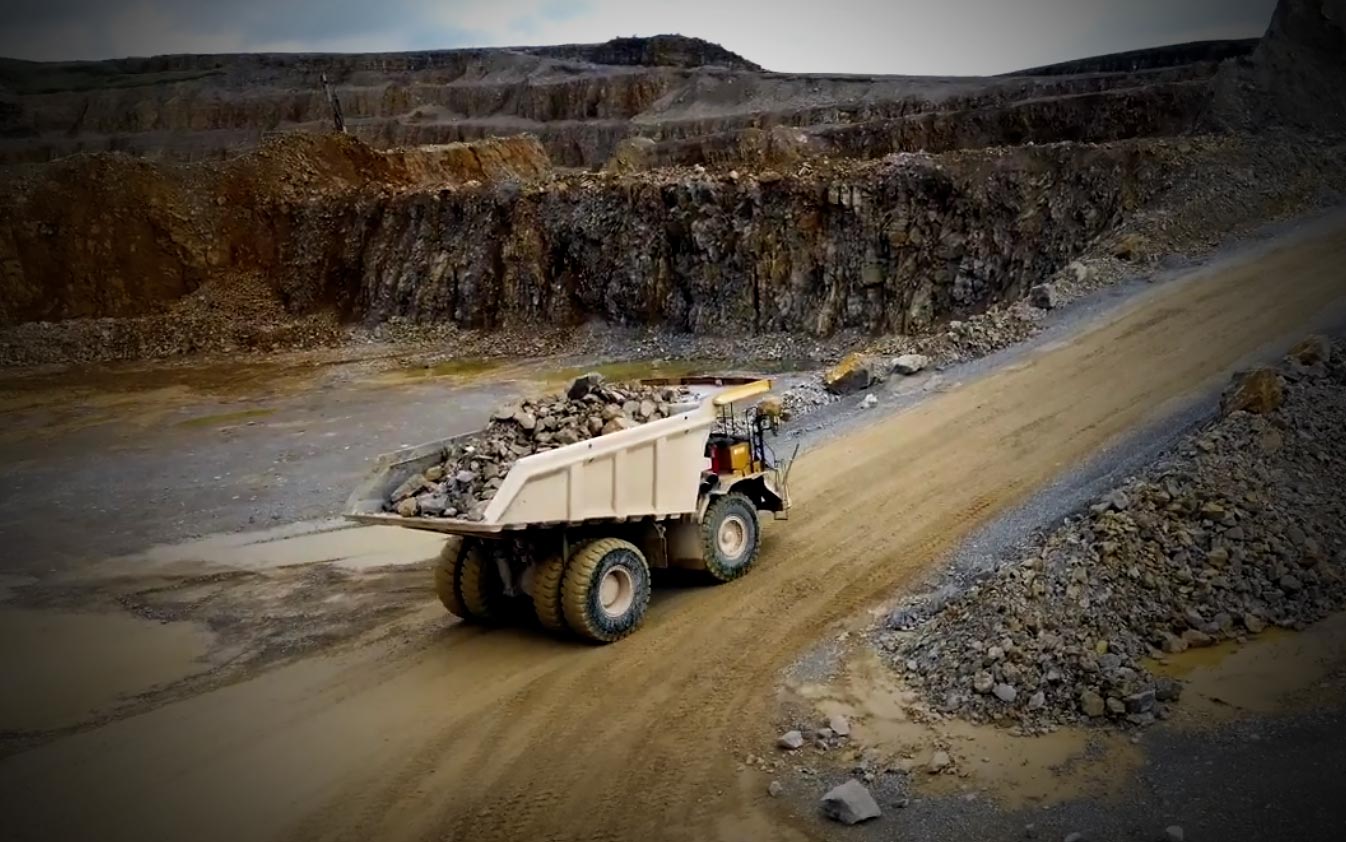
From Fuel Savings to Production Gains: Cemex Germany’s Wins with CheckProof

A Recap of the CheckProof Industry Event & 10th Anniversary Celebration
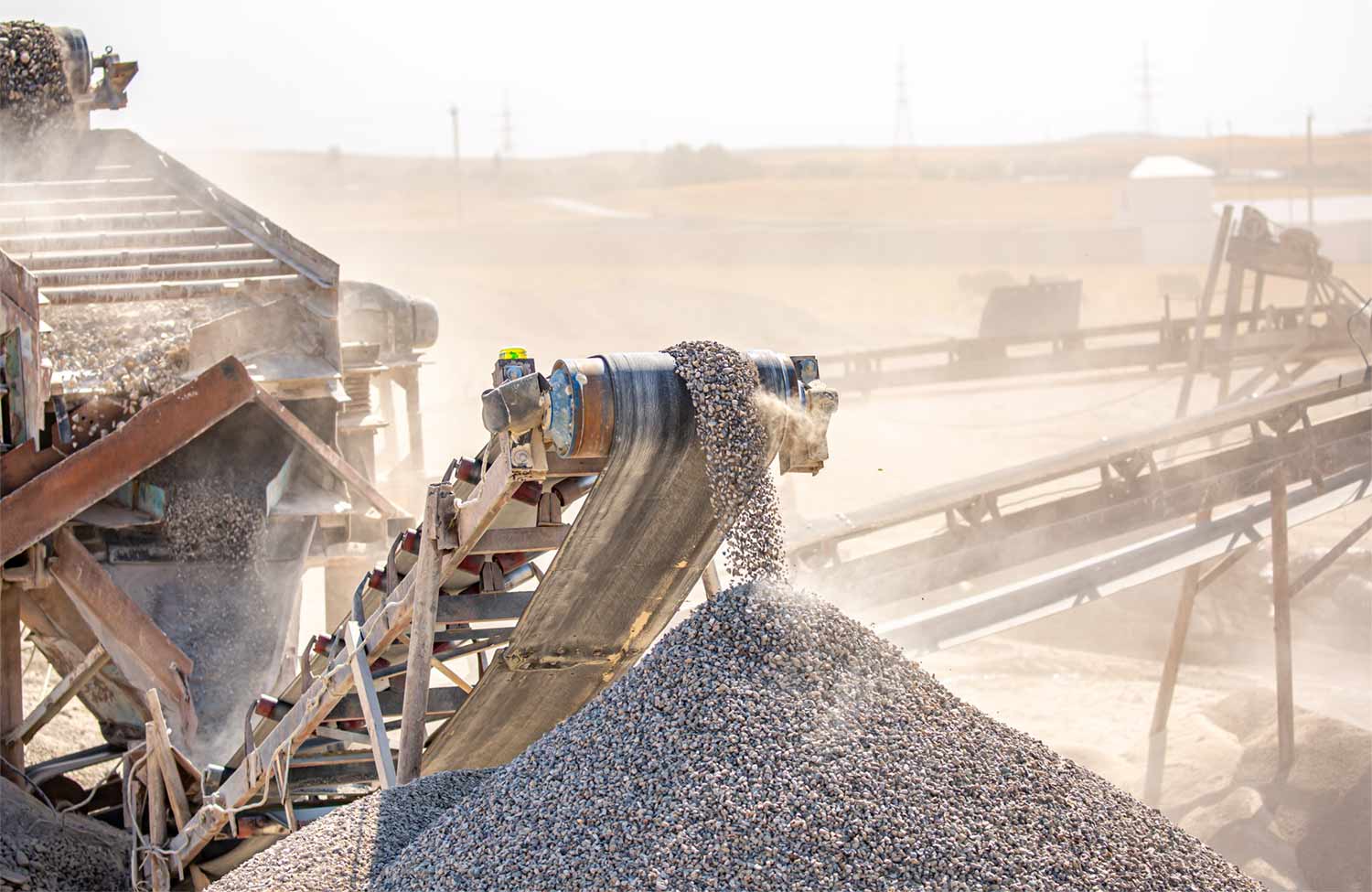
Trend Report: Key moments in the Construction Materials industry (2014–2024)


